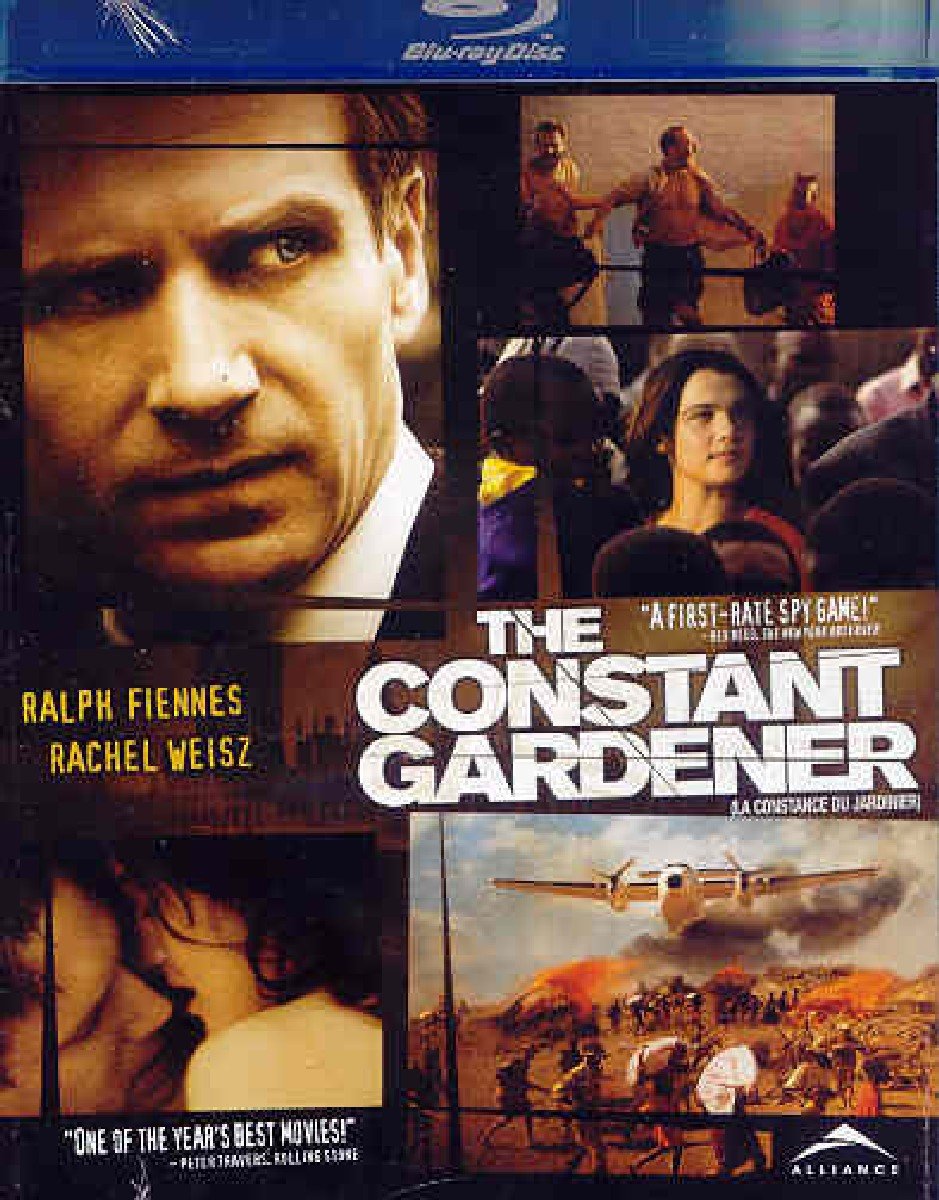

Regardless, we understand how each revelation changes Justin's comprehension of his relationship with his late wife, but feeling for him is another matter. Perhaps this is because Justin is a reticent man, and the story is told from his point-of-view. Justin never comes vividly to life, and his romance with Tessa engages us on an intellectual, but not emotional, level. Meirelles makes the movie as much about Justin and Tessa's relationship as about the political situation, although his docu-drama style (with lots of hand-held camera shots) works against strong character identification. Through Justin's mission, we learn as much about Tessa after her death as we do during the 30 minutes of flashbacks that occur early in the film. The more he probes into her life and the nature of her activism, the more galvanized he is to act. At the root of his investigation lies Justin's need to determine whether Tessa loved and was faithful to him. Was Tessa having an affair with Arnold Bluhm (Hubert Koundé), the black doctor who accompanied her on many of her trips? And why was she obsessed with a new drug being used to cure TB? His superiors (Danny Huston, Bill Nighy) are tight-lipped and urge him to drop the matter, as well as to return a letter that Tessa allegedly stole - if he should happen to find it, that is. The official cause of death is a bandit raid, but Tessa was a known activist, and Justin suspects a cover-up. Within a few minutes, we learn that his young wife, Tessa (Rachel Weisz), has been killed while traveling in a jeep along a lonely stretch of highway. The first character we meet is Justin Quayle (Ralph Fiennes), a soft-spoken British diplomat in Kenya. The Constant Gardener is fiction, but the incidents it portrays are based on real-world events from Africa and Asia. There's no mistaking The Constant Gardener for anything other than a "message movie." Yes, there's also a love story here, but the most powerful aspect of the movie is what it has to say about the way medicines are tested in third world nations without the consideration of negative side effects, and how bad things that happen during these trials are covered up. It's also something of a downer, both it terms of how the main characters are handled and in its cynical attitude toward the pharmaceutical industry. The Constant Gardener is talky and intelligent, and never takes the cheap way out. This is not a thriller designed for the crowd that prefers shoot-outs, chases, and other action-packed incidents.

But Jeffrey Caine's screenplay does a solid job of distilling the essence of the novel into something manageable, and Meirelles' kinetic, in-your-face style lends energy and immediacy to the proceedings. A slow-burn thriller simmering with international intrigue, the book would at first seem too long and complex to be crammed into a two-hour motion picture. For his follow-up to City of God, Brazilian director Fernando Meirelles has elected to adapt John Le Carré's The Constant Gardener into movie form.


 0 kommentar(er)
0 kommentar(er)
